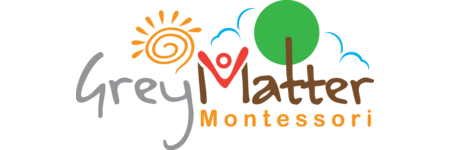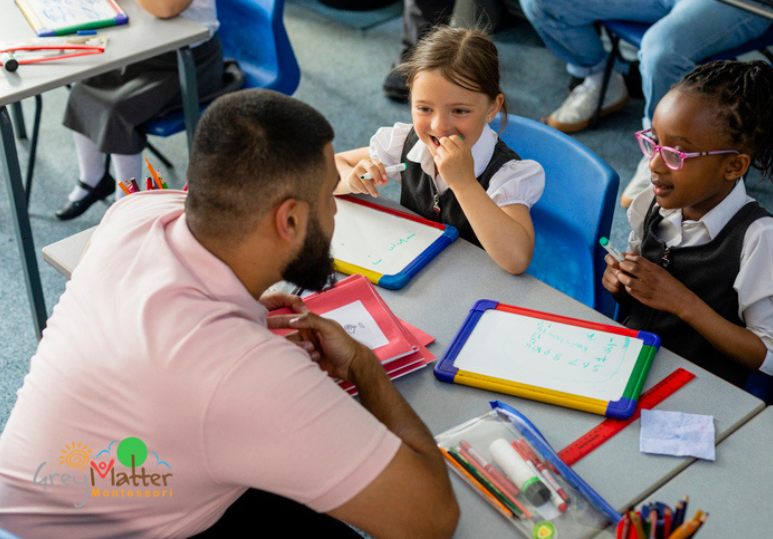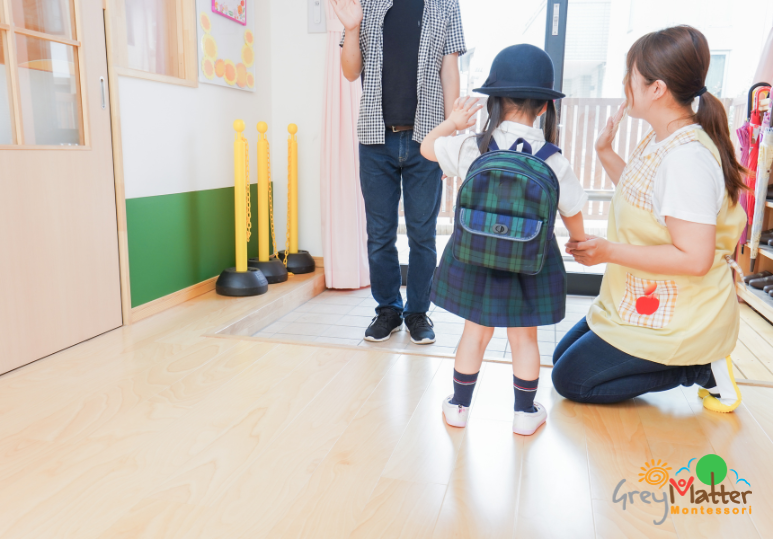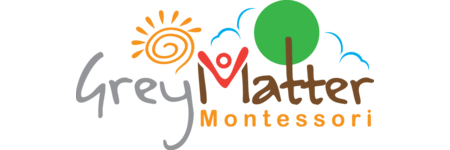When it comes to choosing your child's first experience of schooling there are many decisions to make. One important decision when it comes to schooling is what teaching methods will best suit your child and their nature. So just what is the difference between traditional preschool and Montessori education?
The Montessori Method
The Montessori Method of Education was created by Dr. Maria Montessori, one of Italy’s first female doctors in the early 1900s. Montessori had a keen interest in human development. Based on her observation of children from different cultural, racial and socio-economic backgrounds, she developed a new approach to education. It soon spread to other countries and continents. Canada’s first Montessori school opened in 1912 and today there are more than 500 across the country.
Montessori schools believe that play is a child’s work. Their programs are child-directed, emphasizing active, self-paced, individualized learning. Children choose activities based on their interests and “work” for uninterrupted blocks of time. Teachers observe and track their progress, and facilitate their use of materials. Through this approach, it is thought that children become more confident, independent, self-regulated and self-disciplined.
"Education is a work of self-organization by which man adapts himself to the conditions of life”
- Maria Montessori
Traditional Preschool
In traditional methods applied in schools and preschools, a teacher imparts a topic-specific (or theme) concept to a group – everyone learns the same thing at the same time. Grouping based on age with group and individual instruction, the children have assigned seats and are instructed by the teachers at the speed of the group.
In your average traditional preschool, a play based approach is used and children spend a majority of time in play. Children are held to a structured curriculum, with formal learning goals and objectives. The use of repetition with the teacher (controller) of the class places greater value on social development than cognitive development.
Your Child Is Not A Sheep
Just about every school – from the most traditional to the most progressive — promises to offer individualized learning, but in practice, it does not always occur; plus the degree of individualization varies.
Montessori schools, however, are founded on a belief of individualization and adhere to it in practice. Everything is done at the child’s pace with the understanding that every child hits milestones in their own time. “We take a child where he/she is at currently and help them follow a path of development.” (author of quote)
A child can even learn in a position of his or her choice. “Here you can sit at a desk, lay on a rug, or move freely about the classroom. There are options available in order for children to find what makes them most comfortable.” (author of quote)
“NEVER help a Child with a task at which he feels he can succeed .”
- Maria Montessori
Student Focused and Stage Appropriate
A Montessori school is not primarily focused on making your child skilled at passing standardized tests or memorizing a traditional curriculum, although the education he or she receives will prepare him or her to excel in traditional forms of academic achievement.
Montessori is instead focused on nurturing your child’s natural love of learning from an early age before it is tainted by the demands and structure that stifle so many students and dampen their passion for learning.
It allows your child to choose their own learning path and encourages them to set their own pace and work for as long or short a time period as they wish to. It develops self reliance.
Traditional Preschool vs Montessori - The Decision Is Your Child’s!
While we as parents want the best for our children when looking into this critical stage in their life; it is important to consider what works best for them. What traits do they have?
Ultimately, the Montessori program is designed to work well for all students as it is respectful to the child.
While a Montessori classroom is different than a traditional program they do share some similar ideas. These include a love of learning, instilling skills that will help your child be successful and personal responsibility. At a Montessori school, the goals revolve around four traits: order, concentration, coordination, and independence.
As you consider what type of school to send your child to know there are many options. With diligence and patience, you can find a program that will enable your child to maximize his/her potential.
Take a tour of our classroom to see if it is a fit for your Child. Click here to contact us!





